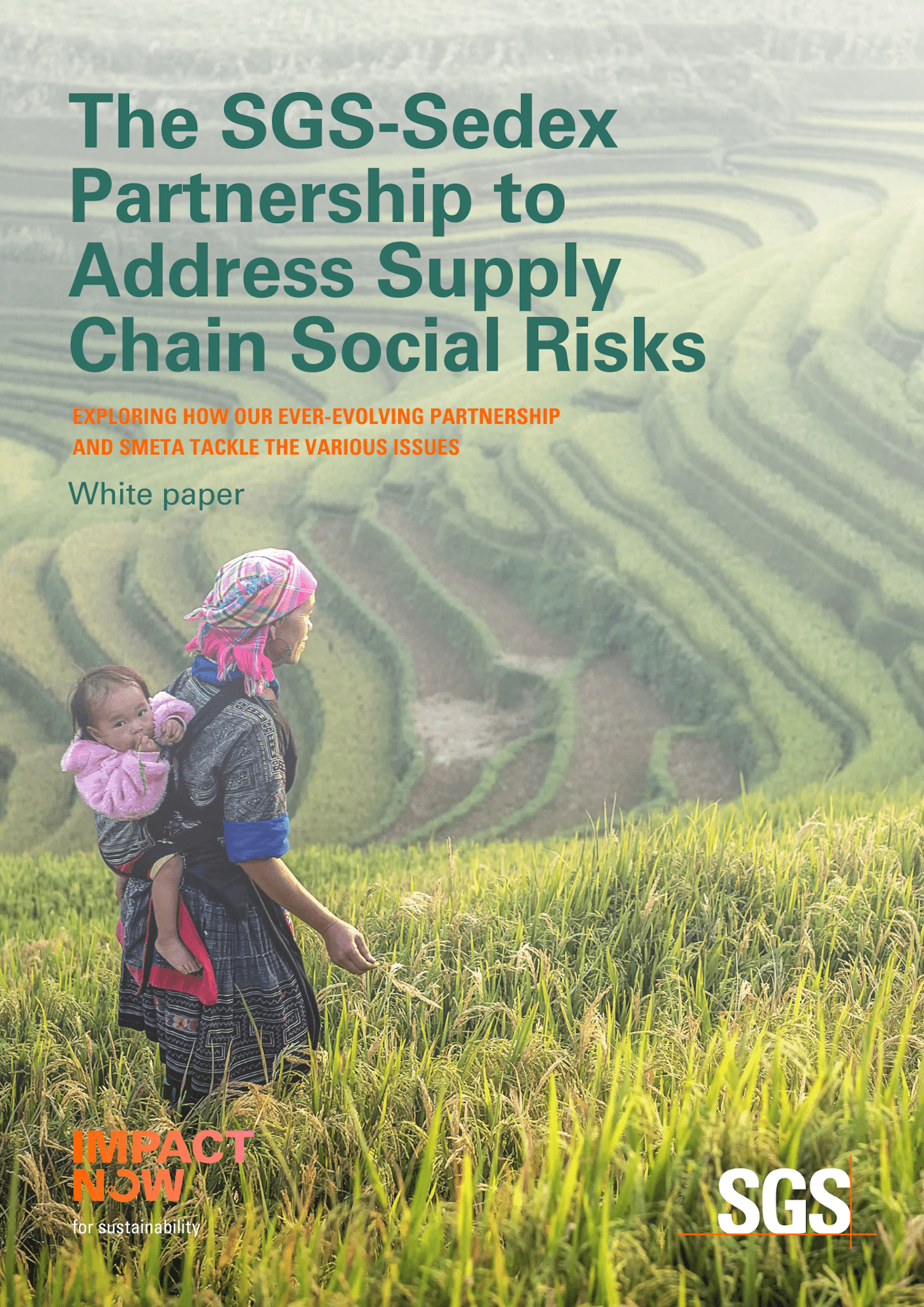Why is the SGS-Sedex partnership important?
Sourcing from different regions is rising. As supply chains expand internationally, they become more intricate and vulnerable to disruptions from reduced supplier transparency.
With increasing emphasis on environmental, social and governance (ESG), businesses are now more closely evaluating supply chain social risks, recognizing the potential impact on their reputation and compliance.
Over 95,000 companies worldwide trust Sedex to build ethical and sustainable supply chains. The Sedex Members Ethical Trade Audit (SMETA) is the world's most widely used audit.
As the world's leading testing, inspection and certification company, we have been a Sedex Affiliate Audit Company (AAC) for over 15 years, reinforced by almost three decades of social accountability expertise. We detail this ever-evolving partnership and its advantages.
